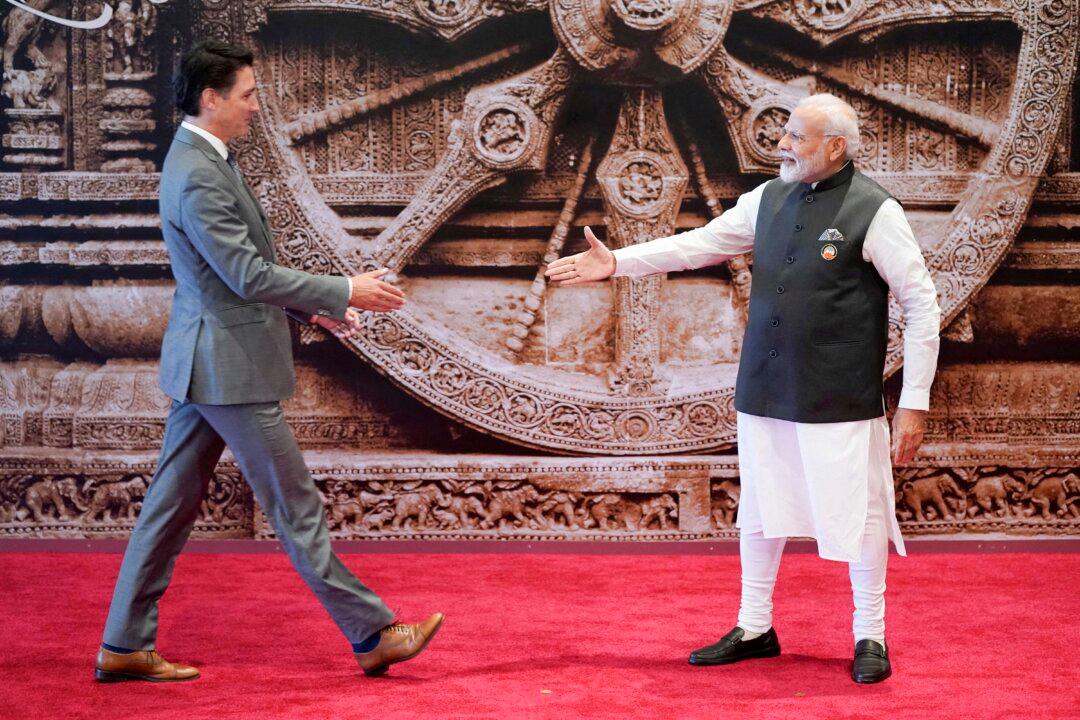News Analysis
A series of allegations of foreign state-backed murder on Canadian soil, deteriorating relations with an Indo-Pacific nation of strategic importance to the West, and a multicultural society with unique characteristics and politics.

A series of allegations of foreign state-backed murder on Canadian soil, deteriorating relations with an Indo-Pacific nation of strategic importance to the West, and a multicultural society with unique characteristics and politics.